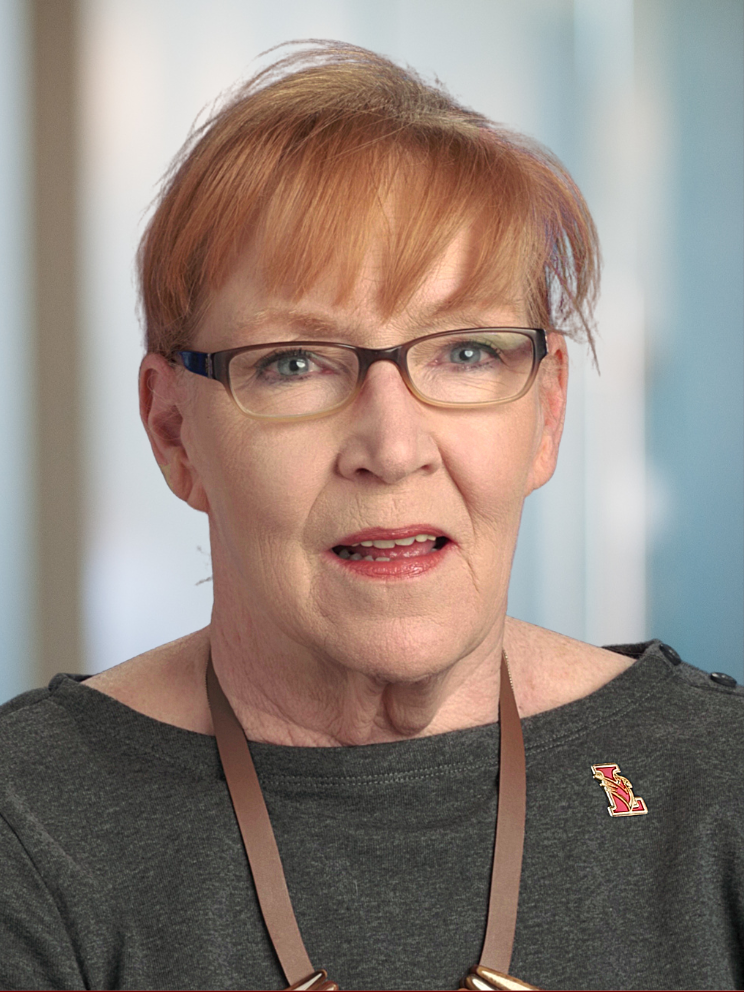Two friends of mine recently experienced something you don’t hear about often: grieving the loss of their childhood homes. For people who spent a long stretch of their formative years at a single address, the childhood home is a repository of memories, an emotional scrapbook of sorts.
One friend moved her parents into a 55-plus community. While the parents were eagerly anticipating this next phase of life, my friend was remarkably sad. Another friend, whose parents are no longer living, had his century-old, uninhabitable family home demolished. Both friends are adults with families, happily living in their own residences for many years. Both friends were in mourning.
I think what we are grieving when we lose our childhood homes is the passage of youth, the aging of parents and the knowledge that we can’t return to the tire swing in the backyard, literally or figuratively.
When I was young, my parents moved a few times for Dad’s work before we settled into the home where I spent the bulk of my childhood. I moved out after high school. After my father died and my mother remarried, she and my stepfather wanted to start fresh in a new home. By then I was in my early 20s and hadn’t lived with my family for years. But I can still remember helping out the day my family moved, my brother and I the last to leave, sweeping up, leaving the keys and saying goodbye to the house. He teased me then for being sentimental, but the home held so many fond memories that seemed somehow more tangible while the deed was in our name.
My brother—the nonsentimental one—has returned to the house a few times over the years, explaining to current residents that he grew up there and hoped for a trip down memory lane. I have only driven by with my girls, who pester me to take them inside someday.
Homes are our refuges, shelters from the elements; but more than just walls, they are monuments that hold a piece of our hearts, a place of memories and dreams. I think I’ll go for a drive and maybe this time, I’ll knock.

Pepper Evans works as an independent-living consultant, helping older adults age in place. She is the empty-nest mother of two adult daughters and has extensive personal and professional experience as a caregiver. She has worked as a researcher and editor for authors and filmmakers. She also puts her time and resources to use in the nonprofit sector and serves on the Board of Education in Lawrence Township, NJ.



